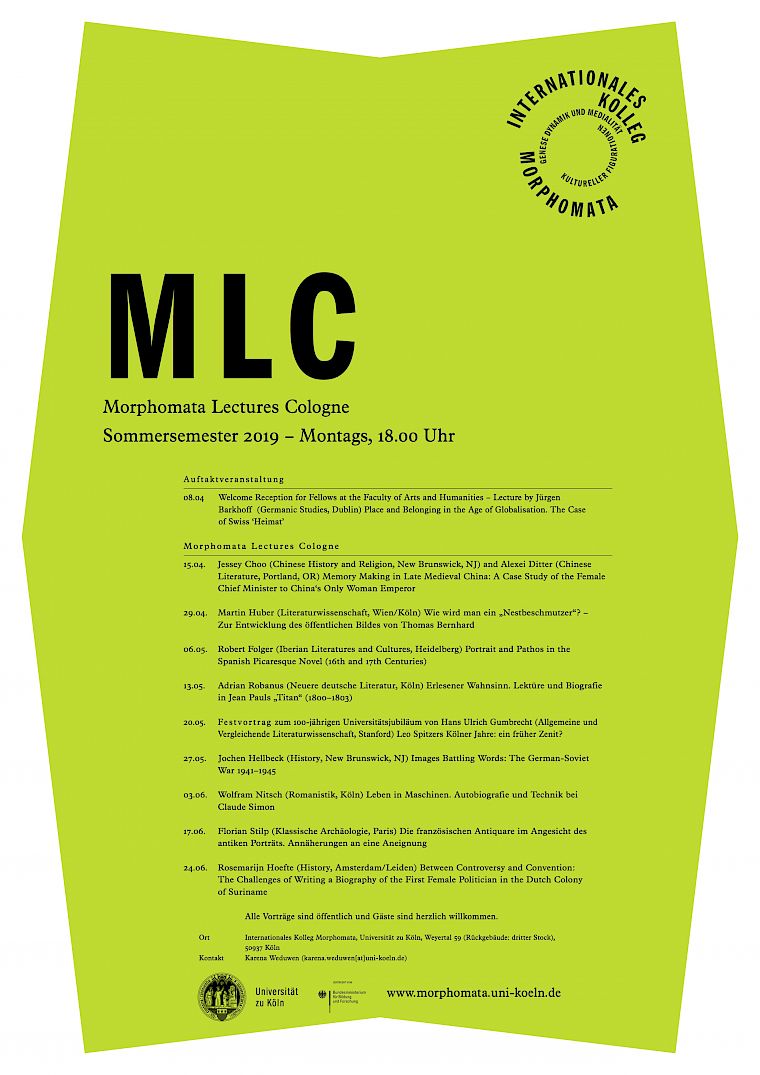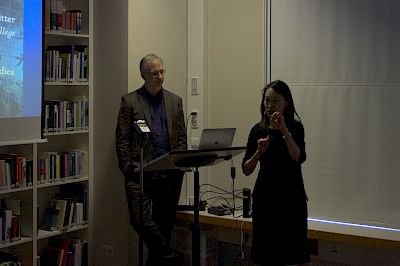Entombed epitaphs are stone slabs inscribed with genealogical and biographical information, details of the tomb occupant’s burial, and a eulogistic closing elegy. Averaging 800 characters in length, entombed epitaphs preserved not only the important events of an individual’s life but also information about the processes of their own manufacture and consumption.
Our talk will focus on one entombed epitaph, that of Shuangguan Wan’er (664–710) – a close advisor and rescript writer for two successive sovereigns, Empress Wu of Zhou (r. 690–705), the only woman emperor in Chinese history, and her son Emperor Zhongzong of the Tang (r. 705–710).
In our talk, we will examine the material, textual, and rhetorical construction of Shangguan Wan’er’s memory in her entombed epitaph, along with the circulation of her memory via different media and its reception among discrete audiences. We will conclude by discussing how the workings of memory in entombed epitaphs can be used to theorize more generally about memory making and memory practices in medieval China.
Respondent: Jürgen Hammerstaedt (Köln)

